Our pets are like our babies, and many of us take the same precautions around them that we would for any human child. We keep dangerous objects out of chewing range, make sure they're up-to-date on their shots, and watch them like hawks if they show any signs of being in anything other than perfect health. But if you have plants in or around your home, you might be putting your pets' lives at risk without even knowing it.
We've already shown you that many pet owners have common (and surprising) dog poisons lying around their homes, but while some of these toxic substances can be easy to identify, plants can be a bit harder to pick out. Many toxic plants look similar to other less dangerous plants, and if your pets go outside, they might be able to find some tasty plants to nibble on without knowing that they can be poisonous. The best thing you can do as a pet owner is to identify the types of flora (such as this deadly blue-green algae) that can hurt your animals and get rid of them or keep them out of reach.
Even if you think your animals are perfectly safe, you should take a look at these common and poisonous plants identified by the Pet Poison Helpline. Even though most animals prefer whatever is on your plate to a colorful flower they found in your garden, there's always the chance that they'll mistake one of these toxic plants for a chew toy. If you don't want to experience the heartache of losing your pet to poison, keep these plants far, far away from your beloved animals.
Make sure you SHARE this post so everyone can protect their pets from these harmful plants!
10. Oleander
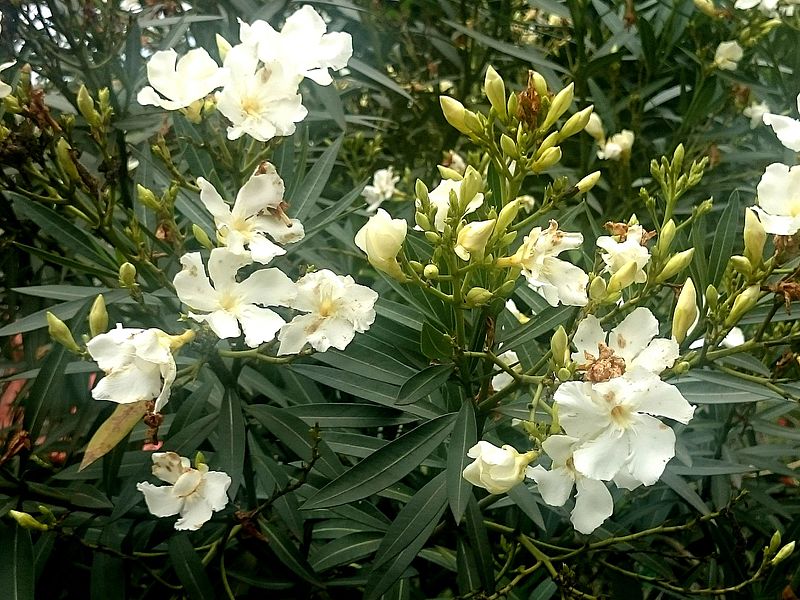
This outdoor plant is pretty to look at, but if your pet consumes the leaves or flowers, they could experience a slowed heart rate, severe vomiting, and even death.
9. Tulips

The petals and leaves of tulips won't do too much damage to your pets, but if you have a dog that likes to dig, make sure they aren't getting to the bulbs. This part of the plant can cause irritation to the mouth and esophagus, as well as vomiting and diarrhea.
While more serious symptoms are rare and only occur when large amounts of tulip bulbs are consumed, it's still best to keep these pretty flowers out of reach of any pets who like to eat what they dig up.
8. Daffodils
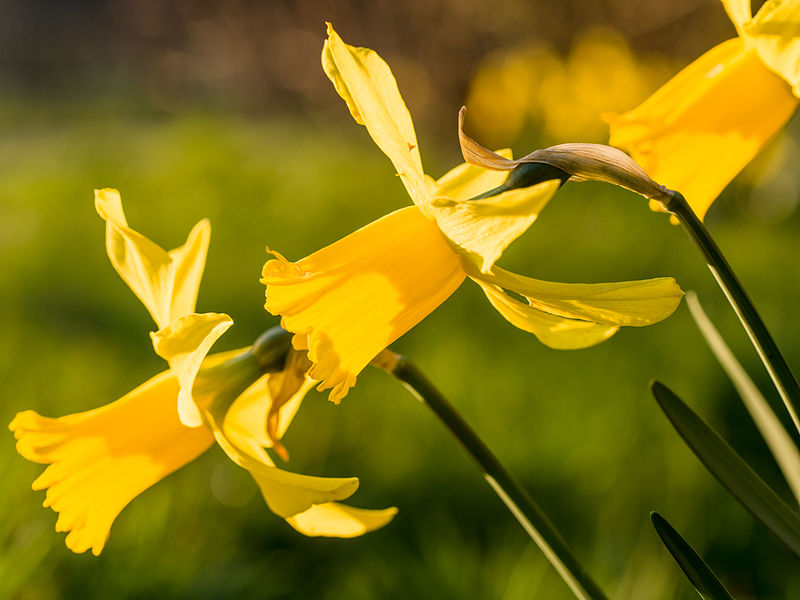
Consuming any part of this plant can cause serious health issues in pets, including vomiting, diarrhea, heart problems, and even respiratory distress.
7. Kalanchoe
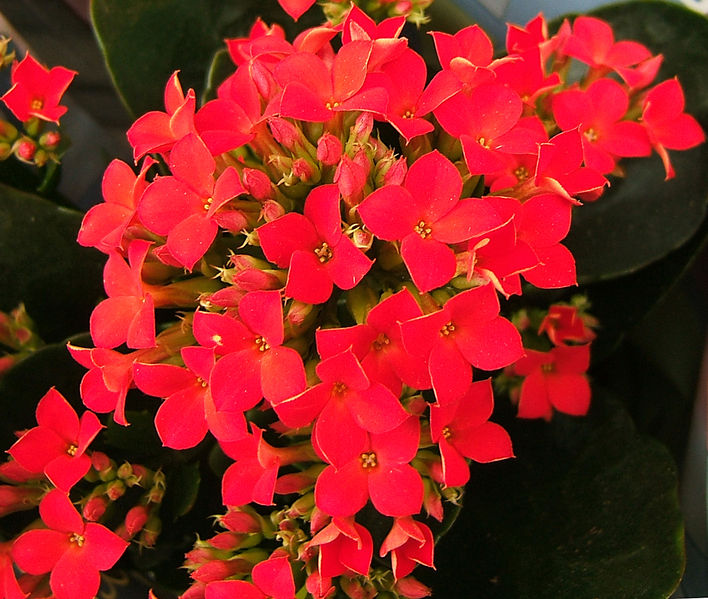
This colorful plant can cause symptoms like diarrhea and vomiting, but in some cases, it can go so far as to cause heart arrhythmia.
6. Sago Palm
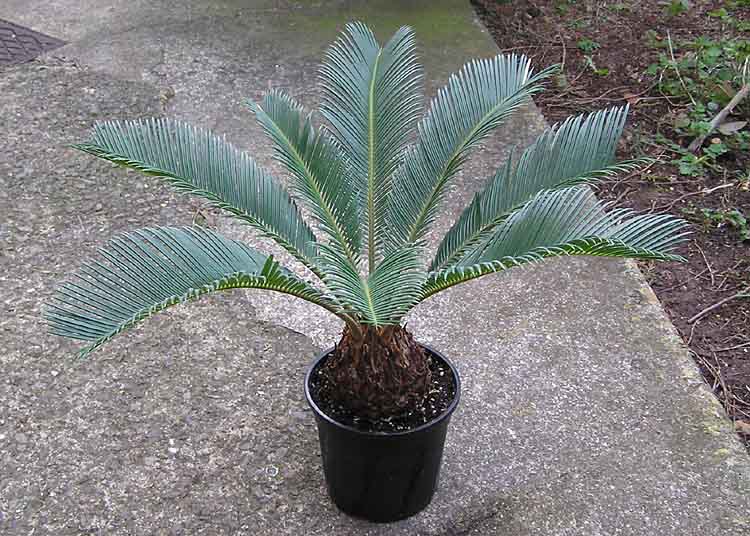
If you live in a warmer area and have one of these plants, beware: the leaves and seeds can damage your pet's stomach lining and cause their liver to fail. Less serious symptoms of sago palm ingestion can include vomiting.
5. Azalea
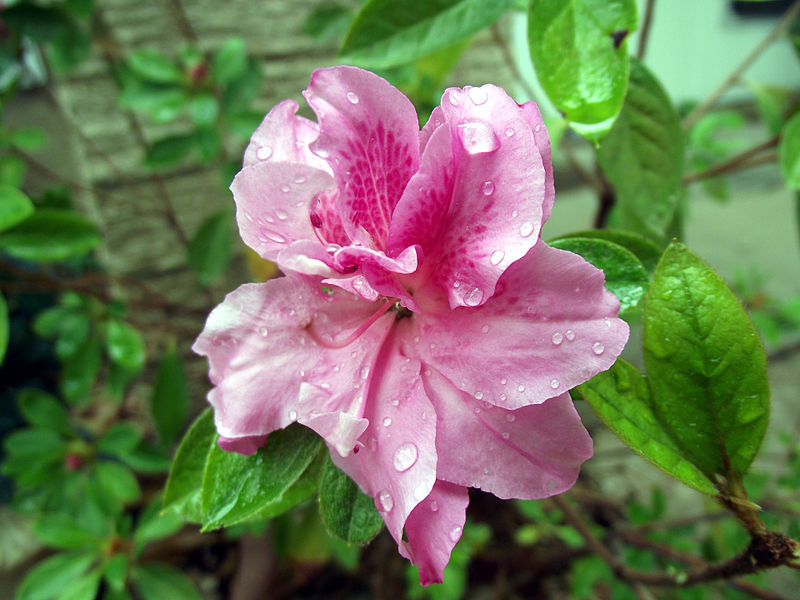
Just a few leaves of this pretty plant can cause your pet to start vomiting and excessively drooling. If you don't get them to a vet immediately, the symptoms can become more serious, and your pet could slip into a coma and even die.
4. Cyclamen
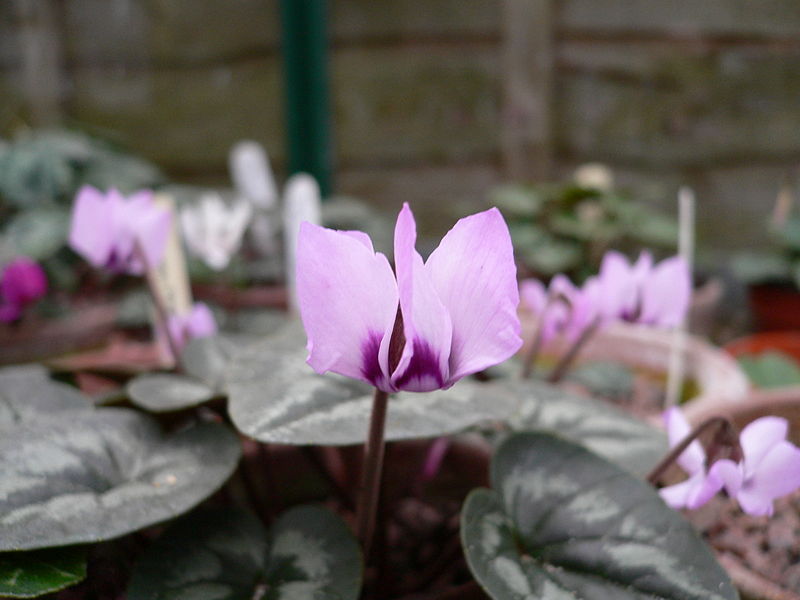
If your pet manages to get a hold of the roots to this plant, they're likely to experience severe vomiting. If they aren't given immediate veterinary attention, they could die.
3. Autumn Crocus
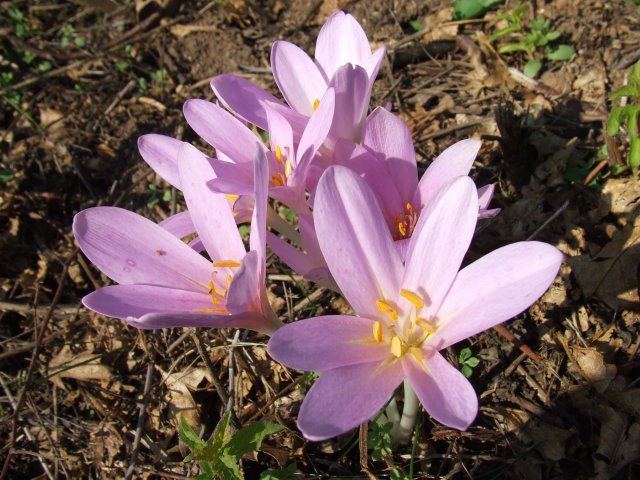
The spring crocus can cause vomiting if your pets ingest it, but the real danger is found in the variety that appears later in the year. The Autumn Crocus can damage your pet's kidneys and liver, and it also has the ability to cause gastrointestinal bleeding and respiratory failure.
2. Dieffenbachia
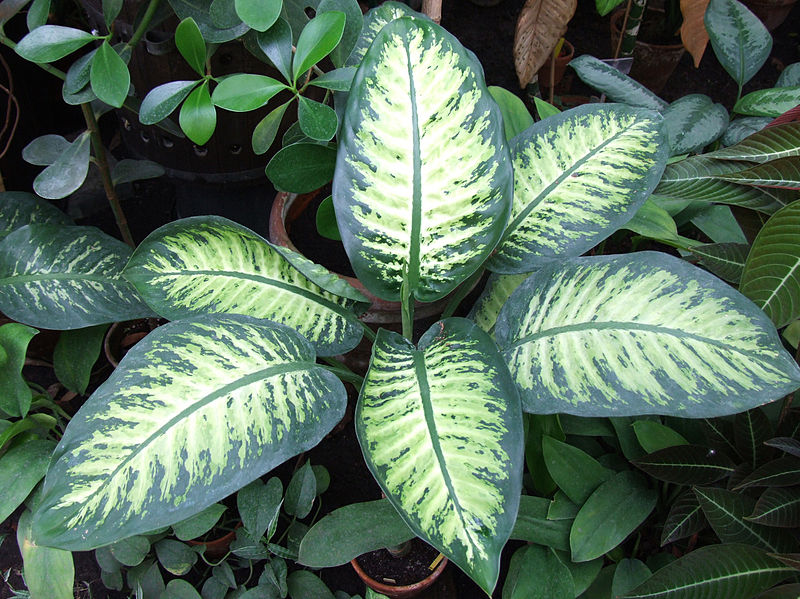
This popular home plant should be kept out of reach of any pets who like to chew on leaves. Dieffenbachia can cause nausea, vomiting, difficulty swallowing, and excessive drooling in cats and dogs.
1. Lilies
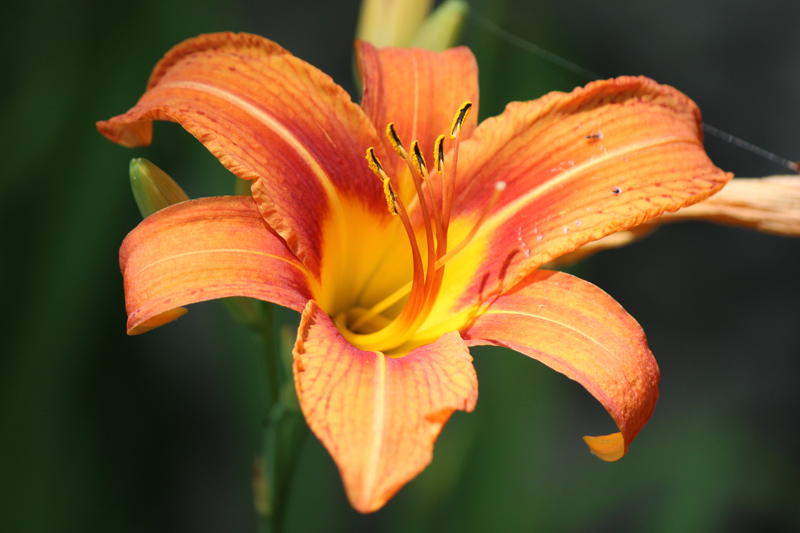
Not all lilies are poisonous to cats and dogs, but those that are can cause your pet to die of kidney failure. Make sure that Day, Easter, Tiger, Japanese Show, and Asiatic Lilies are kept well out of reach of any of your pets, and if you have even the slightest suspicion that one of your furry friends has nibbled on one of the petals, get them to a vet immediately.
Make sure you SHARE this post with all the pet owners in your life!




